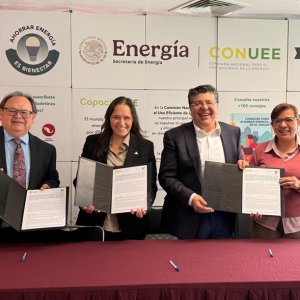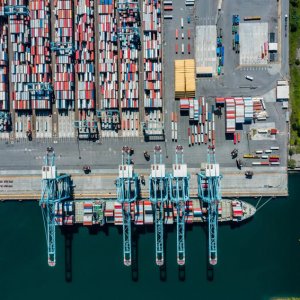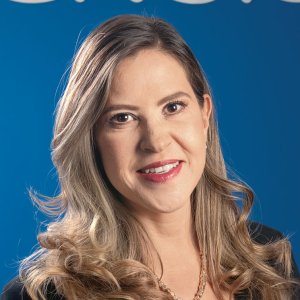Surveying the Readjustment of Supply Chains

STORY INLINE POST
Q: As a Mexican service provider, how have you reacted to the industry’s most important changes over the past five years?
A: The most important change that we have experienced has been the need to evolve, not as contractors or as subcontractors, but as direct macro-level suppliers to PEMEX. We used to aspire to work as subcontractors for some of the largest service companies in Mexico. However, we eventually shifted to a different strategy: to build up our skills to directly compete with those same companies for PEMEX contracts. This strategy began bearing fruit recently, when we won a three-year PEMEX contract for vessel-based marine inspection. The opportunity to participate in these activities as a subcontractor has diminished over the past five years, so we adapted successfully by rising to the challenge of becoming a competitive service provider. Achieving this required us to build alliances with larger companies that were up to those standards. We had to grow beyond our comfort zone as a subcontractor.
Q: How have you closed the gap between what private companies expected of you as a subcontractor and what PEMEX expects of you as a direct contractor?
A: What the past decade has taught us is that you must achieve growth on an ambitious scale with a small infrastructural footprint. This is what has allowed us to survive through the downturns in oil prices and throughout the pandemic: maintaining a broad operational reach while keeping our operational costs lower. This is how we adapted to a market that caused many of our colleagues and competitors to discontinue their activities. Many either shut down or completely changed their service portfolio.
We have survived in the industry for 14 years, despite having to remain on standby for close to a year during the pandemic. This would have been difficult to do if we were a larger entity with higher operational costs. We can now successfully launch new projects thanks to this flexibility. This goes against the existing paradigm for oil companies, which calls for an imposing presence and many assets in the quest for volume, since high operating costs generate slim profit margins. We have tried to make these changes proactively rather than reactively and our bet has paid off.
Q: How has the industry reacted to the loss of so many companies that used to be a part of its supply chain?
A: The companies that remain have become increasingly integrated regarding their service portfolio, as they absorb the roles played by these previous companies in the supply chain. If an operator was dealing with 100 contractors before, 20 contractors now absorb the duties of the other 80. The more technically specialized a service is, the more likely it is to be dealt with by one smaller contractor instead of becoming part of a larger contractor’s integrated service offering. We have also seen new companies arrive in the oil and gas sector from other industries. For example, the tourism sector was significantly impacted by the initial stages of the pandemic, so many companies in that sector sought contracts in the oil and gas industry to survive. When adapting their services to this sector’s needs, these companies find new efficiencies that other specialized oil and gas contractors would have never considered. Throughout the unspooling of this trend, we have seen alliances becoming more common than mergers and acquisitions. Companies are more interested in building bridges than in working alone.
Q: What do you think needs to be added to your portfolio to continue thriving in the future?
A: We need to wait and see how the market reacts to the industry’s changing circumstances so that we can determine which services will be the most relevant. In general, we expect to continue diversifying our services. Even though conventional wisdom stipulates that specialization and a focus on a few select services is a sound strategy, the reality is that you need to continue developing new services so that you can start improving them as quickly as possible.
Companies find it quite costly to maintain their own internal planning and engineering offices, so we expect to absorb many of those responsibilities soon. For example, three or four years ago, Grupo Roales was not interested in offering mechanical integrity services but now we specialize in it. We have our own vessels but I would not say that we are a company that does marine, fleet or shipping services. However, that might change in a couple of years. By then, mechanical integrity might not be part of our service portfolio anymore. Business lines must only remain as long as they are profitable and should be discarded without fear or regret when they are not.
Grupo Roales is a regional leader in technical and corporate staffing as well as supply-chain services. Outsourcing, project management consulting and offshore catering are among its services.








 By Pedro Alcalá | Senior Journalist & Industry Analyst -
Tue, 05/17/2022 - 15:24
By Pedro Alcalá | Senior Journalist & Industry Analyst -
Tue, 05/17/2022 - 15:24
















